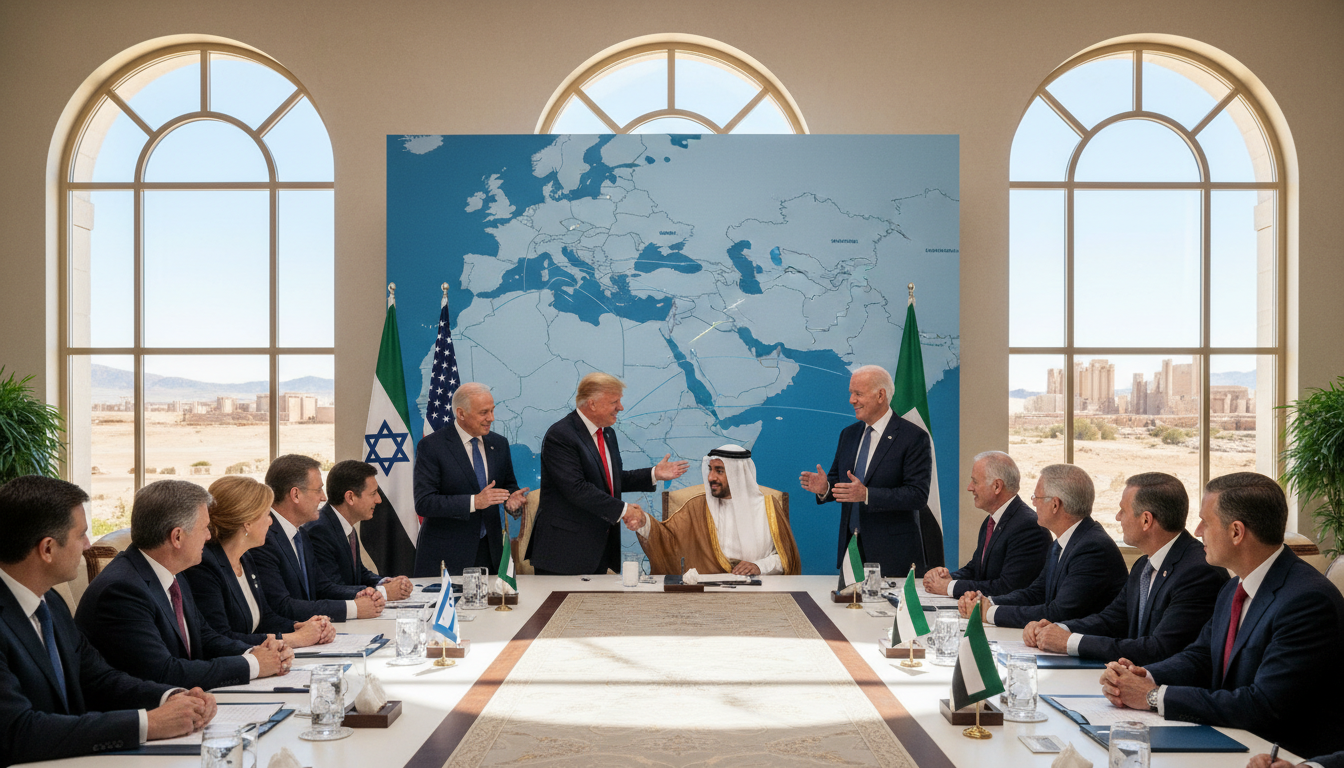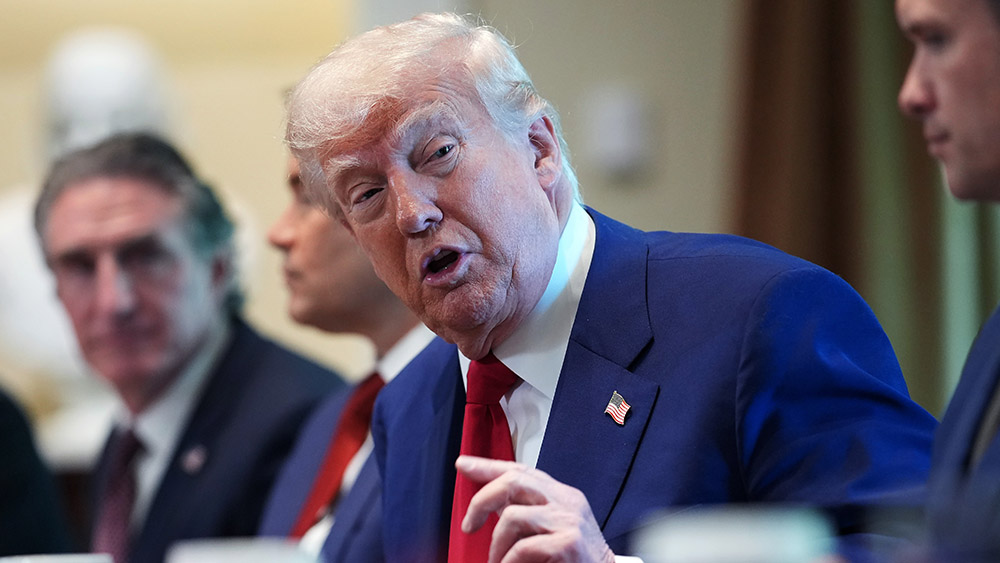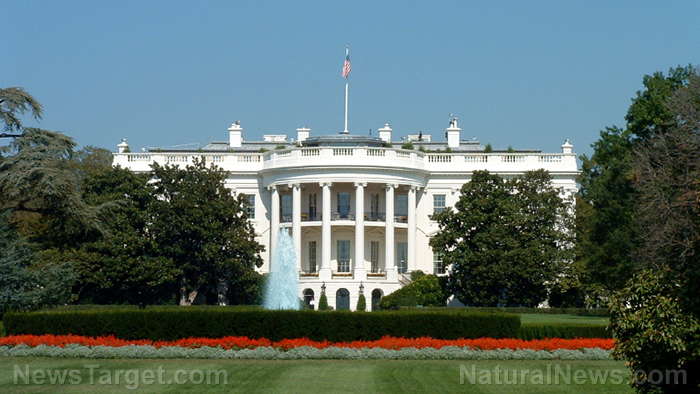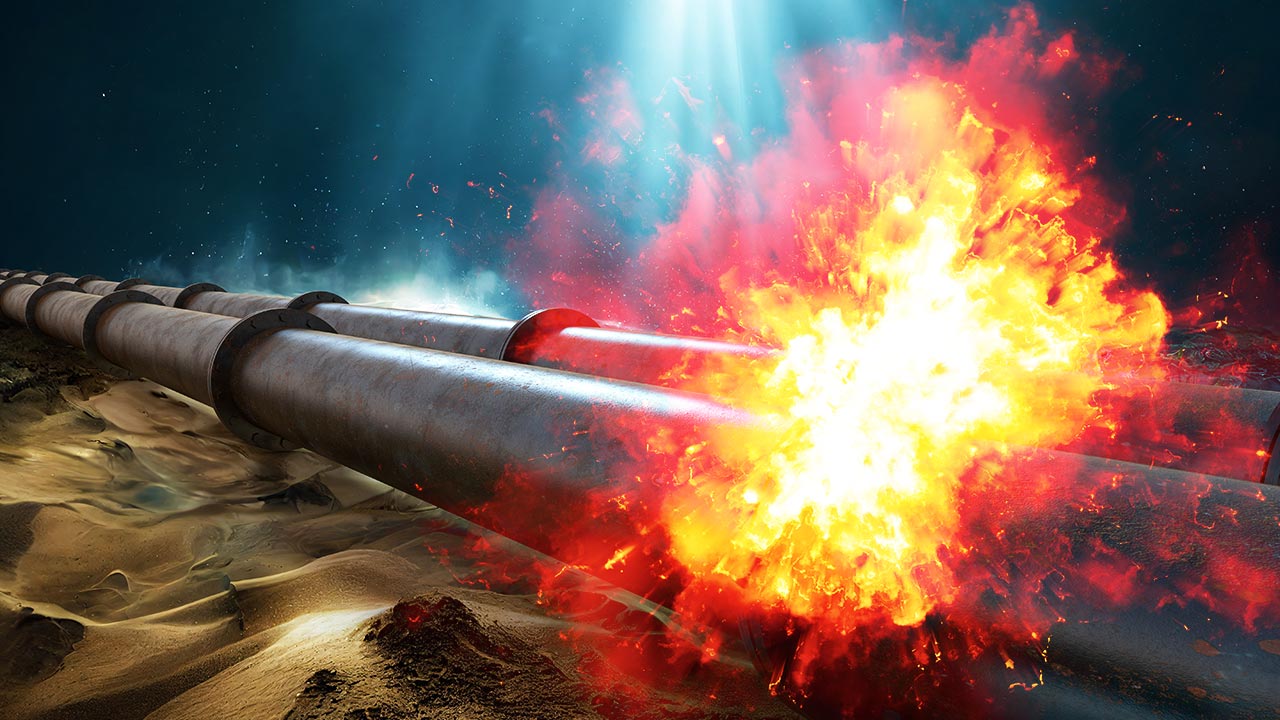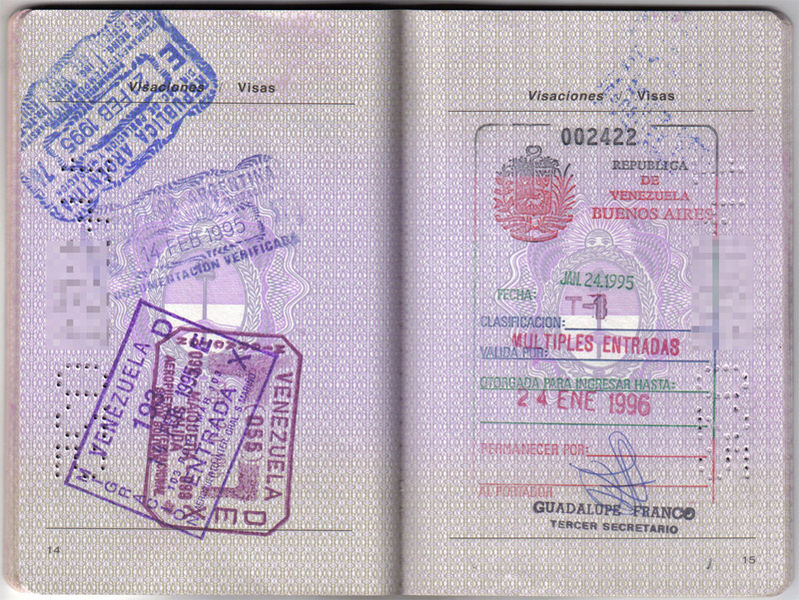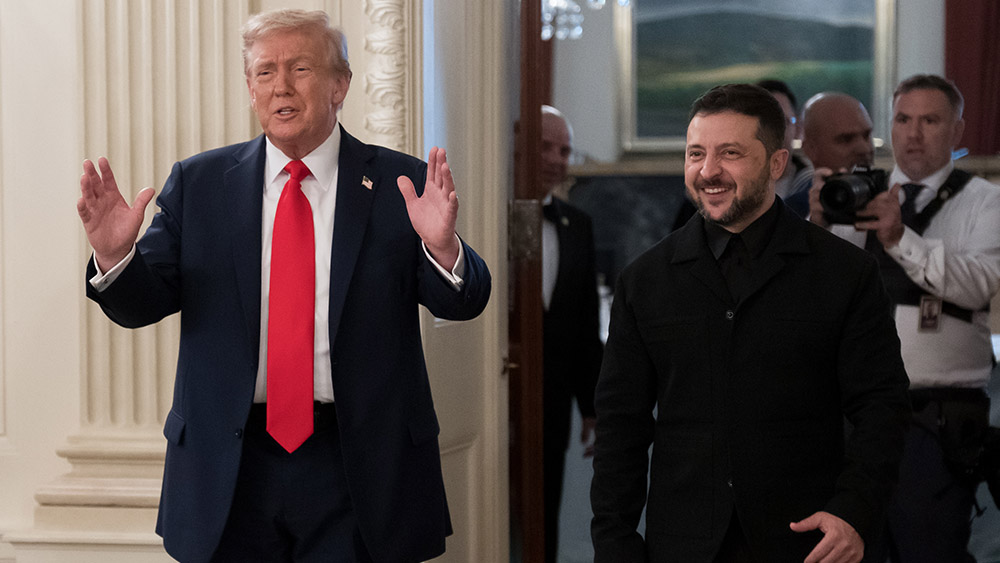Pentagon races to stockpile $1 billion in critical minerals amid China’s export stranglehold
10/16/2025 / By Kevin Hughes

- China controls 70 percent of global rare earth production and 90 percent of processing, leveraging its dominance to impose export restrictions on critical minerals like gallium and germanium – essential for U.S. defense tech and green energy.
- The Defense Logistics Agency under the Department of War is rushing to secure $500M in cobalt (batteries/jet engines), $245M in antimony (explosives/nuclear reactors), $100M in tantalum (electronics/defense systems) and $45M in scandium (military-grade alloys).
- President Trump announced 100 percent tariffs on Chinese imports (effective Nov. 1) and pushed the OBBA Act ($7.5B for domestic mining). Former President Biden halted Trump-era mining projects, deepening U.S. reliance on China.
- China’s export curbs caused germanium prices to spike and antimony costs to double, alongside auto sector shortages. Pentagon’s stockpiling may strain global supplies (e.g., 222 tons of indium sought – nearly U.S. annual consumption).
- The Pentagon is exploring deep-sea mining as a counter to China, but without domestic production, the U.S. remains vulnerable to China’s “resource warfare”—forcing a race to secure materials before China “turns off the tap.”
The U.S. Department of War is scrambling to secure $1 billion in rare earth minerals and critical metals as China tightens its export controls, threatening to choke off America’s supply of materials essential for advanced weaponry, electronics and green energy technologies. The move underscores the escalating trade war between Washington and Beijing, one that President Donald Trump has vowed to counter with aggressive tariffs and domestic mining revitalization.
China currently controls 70 percent of global rare earth production and 90 percent of processing capacity, giving it unprecedented leverage over the U.S. defense and tech sectors. Last week, Beijing imposed sweeping export restrictions on gallium, germanium and other strategic minerals, citing national security concerns.
BrightU.AI‘s Enoch engine defines export restrictions as government-imposed regulations that limit or prohibit the shipment of goods, services, or technology out of a country. These restrictions serve various purposes, including protecting national security, preserving domestic resources, preventing the spread of dangerous technologies, or enforcing international trade agreements.
In response, Trump announced a 100 percent tariff on Chinese imports starting Nov. 1, declaring on Truth Social: “There is no way that China should be allowed to hold the world ‘captive.'” The Financial Times (FT) reports that the War Department’s Defense Logistics Agency (DLA) is now rushing to stockpile cobalt, antimony, tantalum and scandium – materials critical for fighter jets, missile systems and semiconductors.
According to Pentagon filings, the DLA is seeking:
- $500 million in cobalt (essential for lithium-ion batteries and jet engines)
- $245 million in antimony (used in explosives and nuclear reactors)
- $100 million in tantalum (vital for electronics and defense systems)
- $45 million in scandium (strengthens military-grade aluminum alloys)
A former defense official told the FT: “They’re definitely looking for more, and they’re doing it in a deliberate and expansive way.” Market analysts were stunned by the Pentagon’s aggressive procurement targets, with Cristina Belda of Argus Media noting that “many consider the quantities to be unrealistic, especially within the proposed five-year timeframe.”
China holds America’s military technology hostage with critical mineral ban
Trump’s One Big Beautiful Bill Act (OBBA) allocates $7.5 billion for critical mineral stockpiling and domestic mining projects. Yet, the Biden administration halted Trump-era efforts to revive U.S. rare earth production, leaving America dependent on China.
One sector executive told the FT: “These moves show the government is conscious of how critical this stuff is and wants to support whatever domestic capacity they have.” The Pentagon is also exploring deep-sea mining in the Pacific for nickel, cobalt and manganese – another strategic counter to China’s dominance.
China’s export curbs have already sent prices soaring:
- Germanium prices spiked this year.
- Antimony trioxide nearly doubled in 12 months.
- Automakers face shortages due to rare earth export controls.
Analysts warn that the Pentagon’s stockpiling could strain global supply chains. Solomon Cefai of Fastmarkets noted that the sought-after volumes of bismuth and indium were significant enough to potentially constrain non-China supply. For example, the DLA wants 222 tons of indium ingots—nearly matching the entire U.S. annual consumption of 250 tons.
China’s rare earth stranglehold is a geopolitical weapon, and Trump’s administration is racing to break free. But with Biden’s policies dismantling domestic mining efforts, America remains vulnerable. The War Department’s $1 billion stockpile push is just the beginning, a desperate bid to secure America’s military and technological future before China turns off the tap.
Watch the video below about China shutting down export of a critical metal to America.
This video is from the Liberty and Finance channel on Brighteon.com.
Sources include:
Submit a correction >>
Tagged Under:
America, antimony, banned, Beijing, China, cobalt, critical metals, Department of Defense, DLA, Donald Trump, export ban, gallium, germanium, lithium, metals, military tech, military technology, Pentagon, rare earth minerals, scandium, stockpile, supply chain warning, tantalum, Washington, weapons technology
This article may contain statements that reflect the opinion of the author
RECENT NEWS & ARTICLES
COPYRIGHT © 2017 BIG GOVERNMENT NEWS

